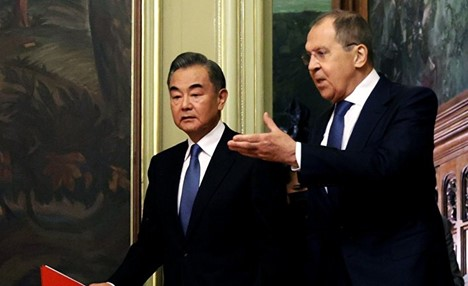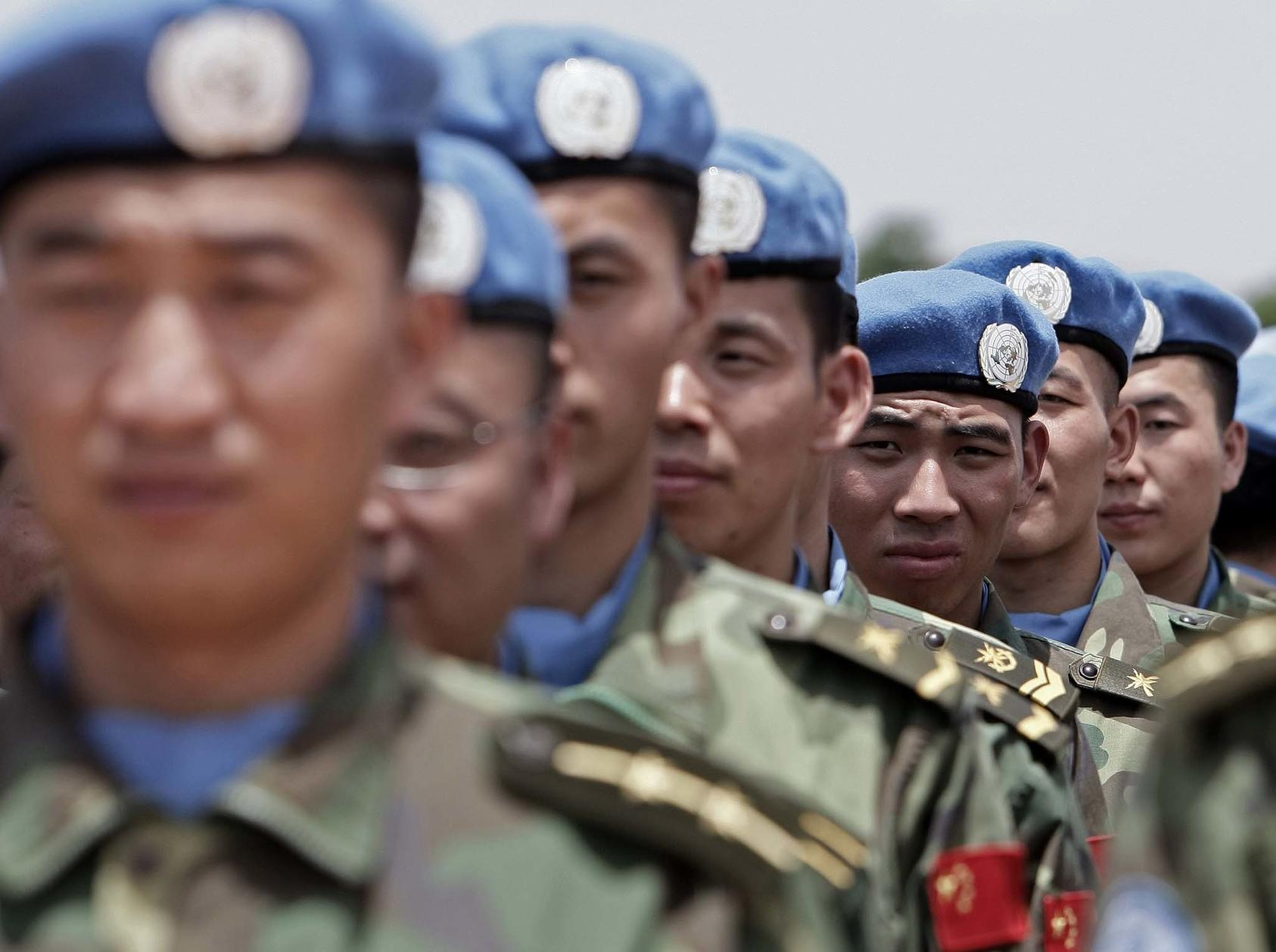Austin, Milley Discuss Progress of Retrograde From Afghanistan
American service members will move out with professionalism and dedication to fulfill the newest mission in Afghanistan, ending the U.S. presence in the country by September, Secretary of Defense Lloyd J. Austin III said today.
Austin and Army Gen. Mark A. Milley, chairman of the Joint Chiefs of Staff, held their first joint press conference at the Pentagon.






